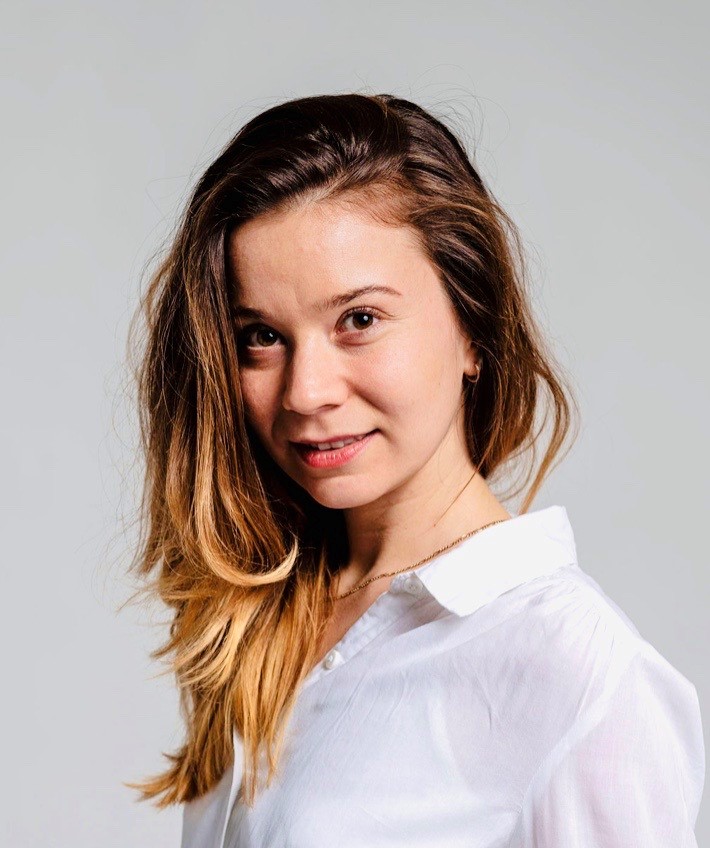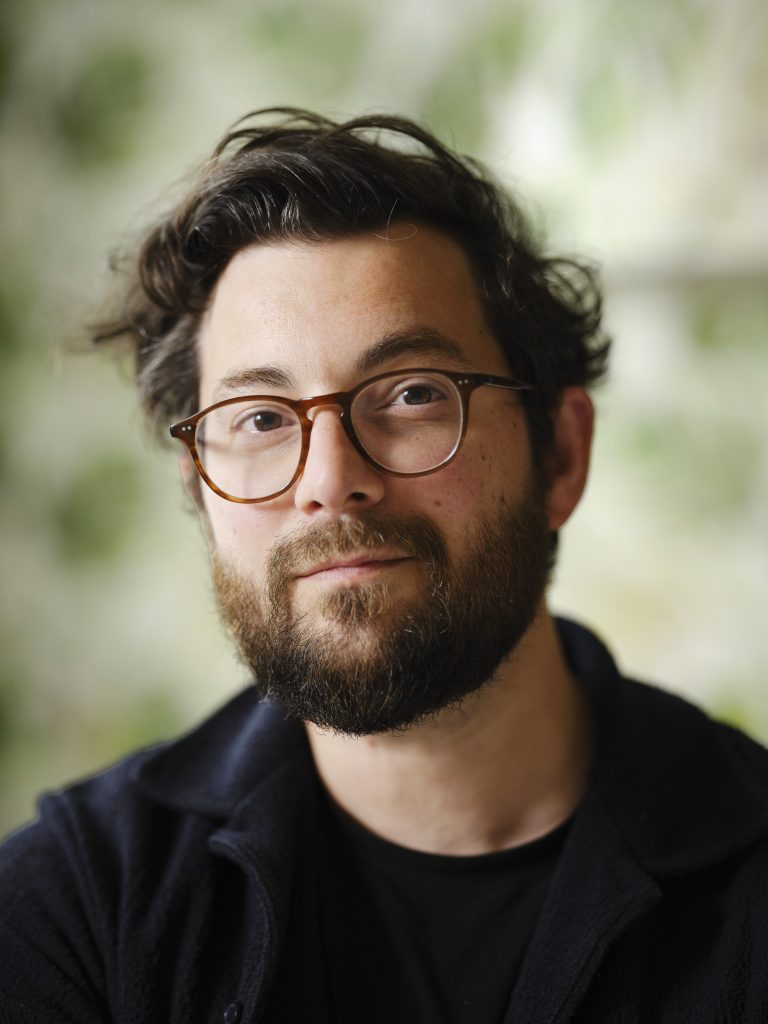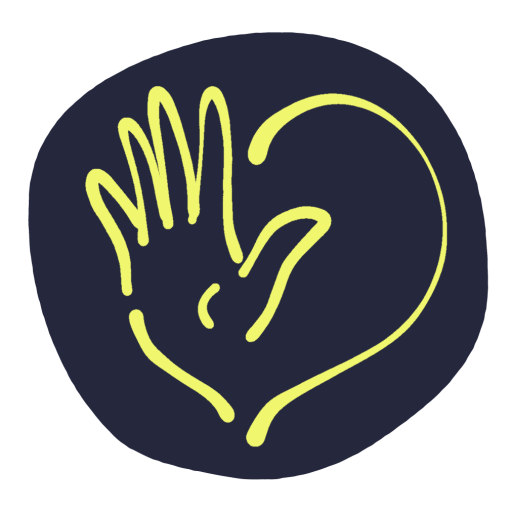Menu

Marie Luise Schreiter, Willem Beckers & Peter Jakob
Topic
Bridging NVR and basic neuro-science: the scientific base for building courage and resilience with imaginary methods.



Abstract
Hope is a future good made manifest by the power of imagination
How do modern neuroscience theories on imagination and embodiment form a synergy to understand how NVR can help raise presence? Parents who feel erased by being rejected and dismissed, or who have been traumatised by coercive behaviour, often live psychologically in a desperate here and now, feeling helpless, hopeless and isolated, with little or no expectation of a future in which the interaction with their child will be different. At the same time, their traumatic experience, sense of helplessness and isolation are stored in their embodied memory, often supressing any felt impulse to act or causing them to react impulsively. It has been proposed that therapeutically working on subjective expectations – and expectation violation – can foster new and more hopeful expectations within the therapeutic relationship and ultimately, social interaction between parent and child – and thus help foment a parental sense of presence and relational agency.
By eliciting memories of constructive exceptions in their own responses to problematic incidents, memories of seeking support or memories of giving care in spite of an absence of resonance from the child, and then projecting forward into a preferred future, in which they will feel their own agency in an embodied way, parents can become more hopeful, proactive and effective in their own implementation of NVR. Peter Jakob and Willem Beckers have developed a host of imaginary methods that follow a similar structure, and Marie Luise Schreiter has identified potential neuropsychological underpinnings for this work.
In this workshop, we will present a case example to introduce the structure of the imaginary/embodiment work and explore its theoretical base in neuroscience.
- Beckers, W., Jakob, P. & Schreiter, M.L. (2022): Mattering and parental presence in systemic therapy using nonviolent resistance: the utilization of imaginary methods. Family Process 61(2), 507-519. http://doi.org/10.1111/famp.12694 (open access)
- Jakob, P. (2024). Nonviolent Resistance in Trauma-focused Practice. A Systemic Approach to Therapy and Social Care. Routledge. (German 2022: Dem Trauma Widerstand leisten: Neue Autorität als familientherapeutischer und traumapädagogischer Ansatz. Vandenhoek & Ruprecht.)
- Schreiter, M.L., Beste, C. (2020). Inflexible adjustment of expectations affects cognitive emotional conflict control in adolescents with autism spectrum disorder. CORTEX.
Biography
Marie Luise Schreiter (Max Planck Institute for Biological Cybernetics, Tübingen) is a neuroscientist and psychologist in Tübingen, Germany, specializing in knowledge transfer and science communication. Her work focuses on bridging the gap between basic neuroscience and other disciplines, as well as making scientific insights accessible to the wider public. Trained in Nonviolent Resistance (NVR) in the UK, and educated (MSc / BSc) at the University of Sussex, UK, Marie Luise has researched the interaction between emotional and cognitive brain processes. Clinically, she has worked with children with ADHD, autism, and PTSD during her PhD at the University Hospital in Dresden. She is particularly interested in how NVR strategies influence the expectations of clients, patients, and therapists, and how therapeutic progress can be scientifically validated.
Willem Beckers (Interactie-Academie, Antwerpen, Belgium) works as a systemic psychotherapist, trainer and supervisor at the Interactie-Academie, an institute for systemic training and therapy in Antwerp. He specializes in working with parents in the field of child-to-parent violence and extreme social withdrawal (hikikomori) among adolescents and (young) adults. Reflective of the ethos at the Interactie-Academie, his approach develops through ongoing therapeutical practice, academic insight, team discussions, publications and international collaboration.
Peter Jakob is a clinical psychologist (Connective Strength and Center for Nonviolent Therapy and Practice, Calgary, Canada), who has worked extensively in child and adolescent mental health, as well as adult mental health, focusing on child protection, trauma, and multi-stressed families. His background combines social work, clinical psychology, and systemic family therapy, with a strong emphasis on interagency collaboration. Peter has led major service initiatives, including the Thanet Multi Agency Service (TMS), and introduced Nonviolent Resistance to the United Kingdom, adapting it for use with traumatized families and vulnerable children. His approach prioritizes collaboration, helping clients harness their strengths to promote rapid and meaningful change.
Contact
E-mail: marie.schreiter@tuebingen.mpg.de
